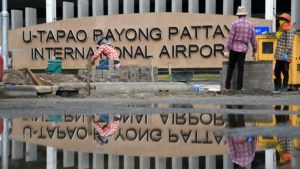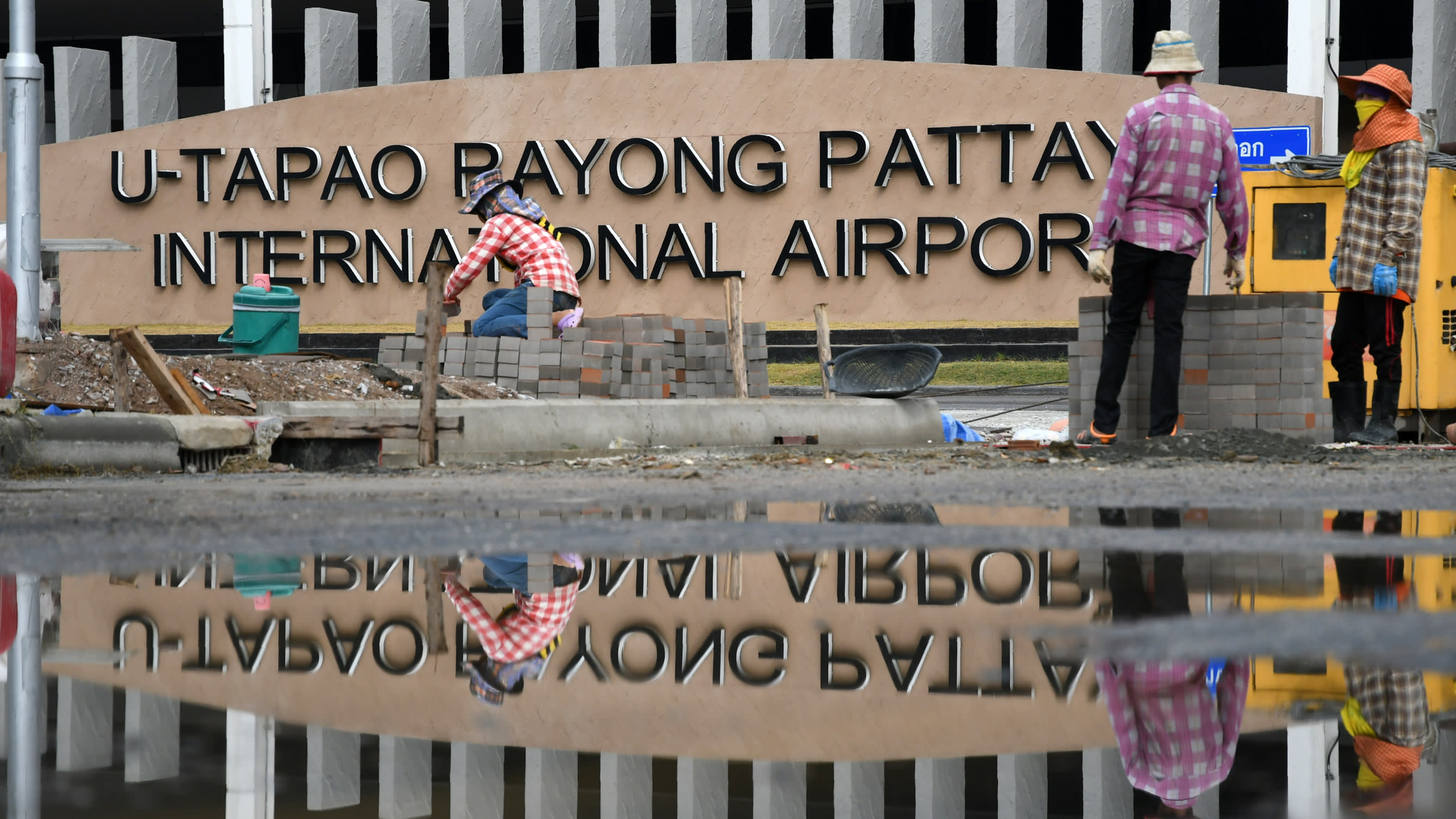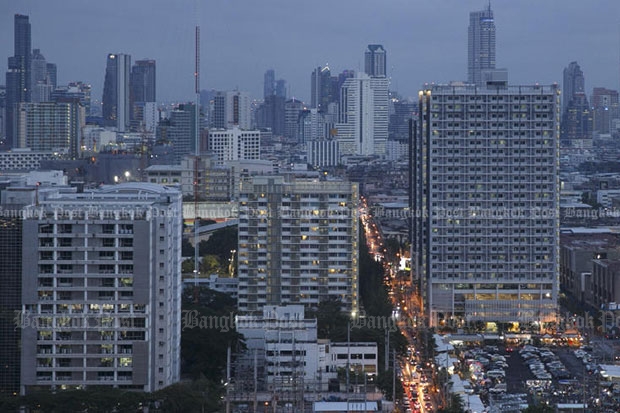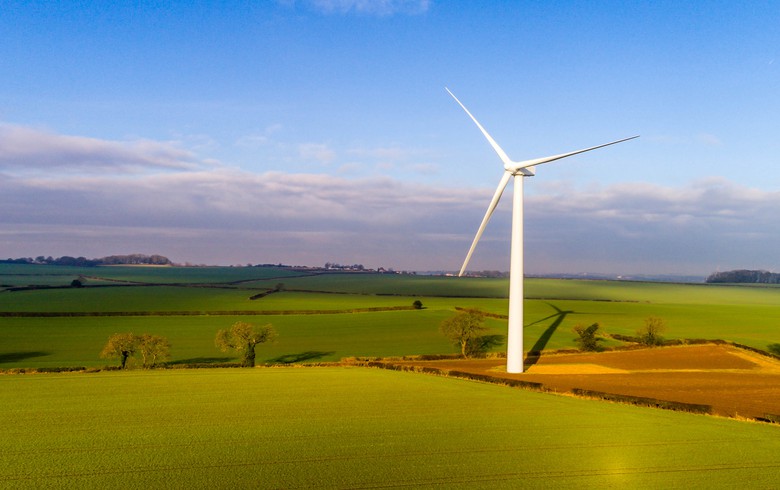
Thailand’s five planned infrastructure projects include further development of the U-Tapao airport.
Thailand’s $7bn railway draws Siemens and Bombardier
Bangkok also invites Asian bidders for Eastern Economic Corridor
Thailand plans an auction in June for a high-speed rail project to link the country’s three major international airports, with Germany’s Siemens and Bombardier of Canada regarded as two of the leading potential bidders.
The 220km route would connect Suvarnabhumi, Don Mueang and U-Tapao airports, in the first large infrastructure project under Thailand’s Eastern Economic Corridor investment zone. The project, estimated to be worth 225 billion baht ($7.07 billion), would shorten logistics travel time between Bangkok and the corridor to within one hour.
Siemens and Bombardier have already set up offices here ahead of the bidding, which could also draw Asian multinationals.
“Some global companies that have their offices in Bangkok have started approaching the high-speed train project and ask about the details,” Anon Luangboriboon, acting governor of the State Railway of Thailand, said Tuesday.
 The state railway, which will oversee the auction, expects it to draw more international companies possessing expertise in high-speed rail. Anon said the state railway will send invitations to bid to the Chinese, Japanese, Malaysian and South Korean embassies in Thailand, along with others.
The state railway, which will oversee the auction, expects it to draw more international companies possessing expertise in high-speed rail. Anon said the state railway will send invitations to bid to the Chinese, Japanese, Malaysian and South Korean embassies in Thailand, along with others.
Construction is expected to begin by early 2019, and the EEC office projects rail operation to start in 2023.
The high-speed rail link represents the first of five huge infrastructure projects the Thai government has aimed to start since the EEC law was enacted early this year. Bangkok hopes to boost confidence among foreign investors on the corridor’s progress.
The state railway looks to finish the terms of reference by mid-May, Anon said. The submission period would run from June to October, he said, with the winning bid revealed in November or December.
Thailand’s National Legislative Assembly approved regulations in February that allow the zone to be governed by civilian law, raising confidence among foreign investors that the corridor — spanning the eastern provinces of Chonburi, Rayong and Chachoengsao — will continue to exist even if the junta led by Prime Minister Prayuth Chan-ocha steps down.
The other big infrastructure projects are expanding the Laem Chabang and Map Thaput deep sea ports, developing the U-Tapao commercial airport and building maintenance facilities near the airport through a joint venture between Airbus and Thai Airways International. All five will be financed through a mix of public and private investment.
With the other four projects also due to open for bidding this year, the government expects at least 300 billion baht of new investment for the corridor this year.
Source: https://asia.nikkei.com/Business/Companies/Thailand-s-7bn-railway-draws-Siemens-and-Bombardier



